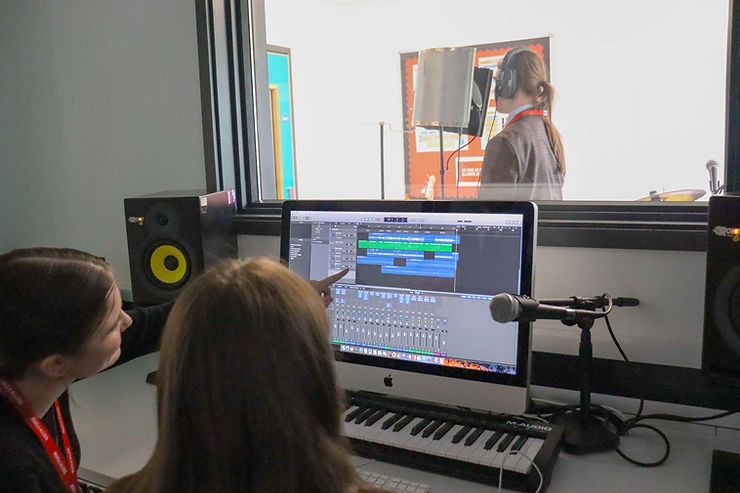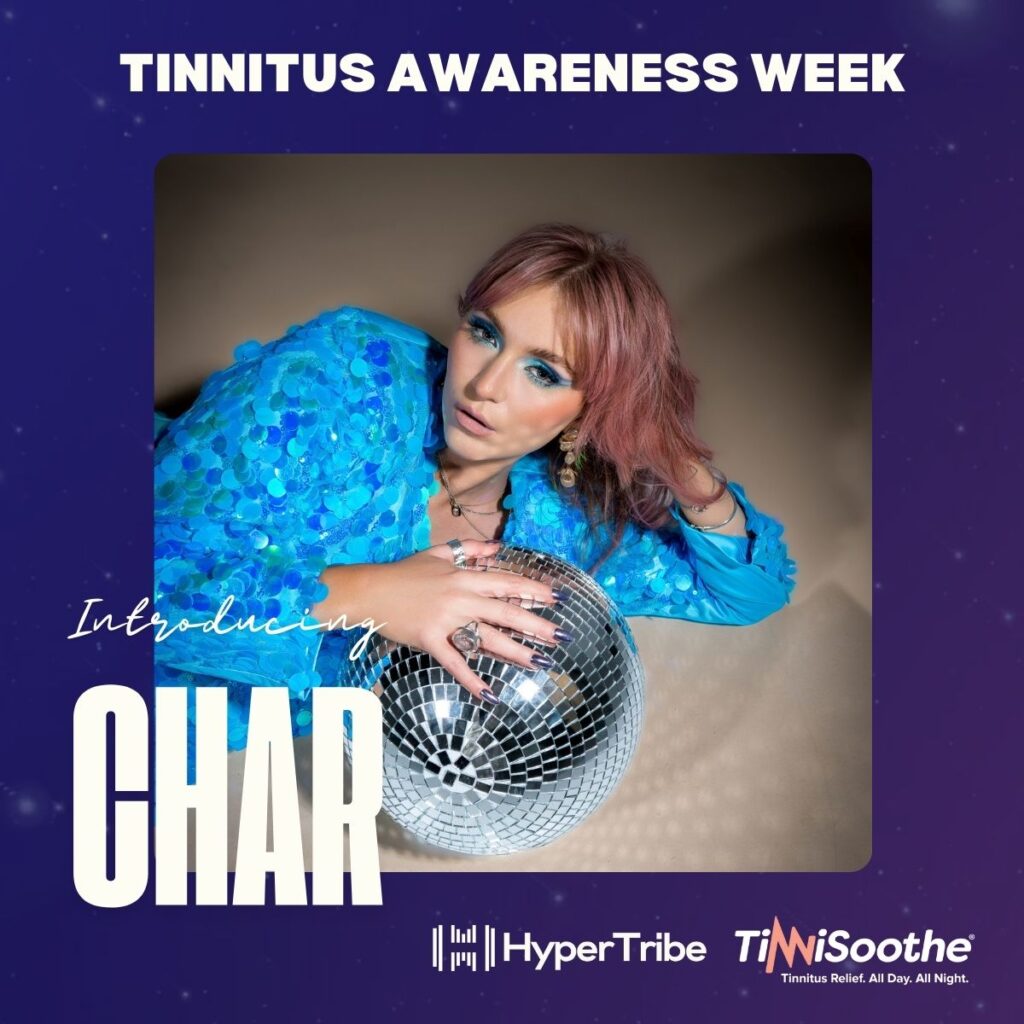Understanding the Music Industry
The Evolution of the Music Industry
Driven by developments in technology and changes in customer behavior, the music business has seen notable transformations throughout the years. Social media and digital streaming channels among other tools have transformed the way music is produced, shared, and listened to.
With a few clicks, artists today may reach a worldwide audience, therefore removing the necessity for conventional record companies and physical distribution channels. This democratization of the business has given artists fresh chances to be successful on their own terms.
Key Players in the Music Industry
Regarding the music business, you should be familiar with a number of important participants. The creation, dissemination, and marketing of music depend much on these people and companies. Recording and creating music falls to production firms, who also guarantee that it sounds its best and satisfies industry standards. Working together with musicians and artists, they help to realize their creative vision.
Conversely, record companies are in charge of signing and advertising musicians. To let musicians reach a larger audience, they provide distribution platforms, marketing knowledge, and financial assistance. Record companies and production firms may team to produce hit songs.
Navigating the Digital Landscape
Knowing the music business in the digital era of today transcends just production and performance. It also entails negotiating the digital terrain and making use of web tools to appeal to a larger audience.
Streaming services and social media have given artists the chance to interact with their fans and advertise their songs in ways never imaginable in past times. Still, the competition is strong and standing out calls for more than simply ability. It calls both a strategic approach and a strong awareness of the digital tools and platforms at disposal.
Building a Strong Foundation
Developing Musical Skills and Techniques
Being a good musician depends on the constant improvement of your musical talents and abilities. This not only lets you raise your general musicianship but also distinguishes you in a cutthroat field.

Attending seminars and masterclasses or learning from seasoned musicians is one approach you could improve your abilities. These changes provide insightful analysis and direction that will help your musical skills to reach their best.
One should also routinely and consistently practice. Set aside specific daily time to practice on your instrument or voice, concentrating on areas needing development. Your technique will become better, your muscle memory will develop, and your repertory will grow from this orderly method.
Working with other artists is also another great approach to improve your abilities. Working with many musicians will teach you fresh approaches to music, genres, and skills. Through this cooperative approach, you may also grow your network and establish important relationships inside the sector.
Remember also to receive comments and go over your performances. From reliable peers or mentors, constructive criticism may provide insightful analysis and point out areas needing work. Spend some time considering your performances and adjusting as needed. Recall that learning your musical talents and methods is an ongoing process demanding commitment and endurance.
Creating a Unique Musical Identity
Regarding developing a distinctive musical identity, one should take numerous elements into account. You first and most importantly have to create your unique musical style that distinguishes you from other artists. This entails investigating many genres, playing around with several approaches, and discovering your unique voice as a performer.
You should also compile your repertory and choose songs that highlight your talents and capture your musical voice. This might include selecting songs that particularly speak to you or that fit the image you want to present as a performer.
Building a Network of Collaborators
Thrive in the music business depends on artists building a solid network of associates. Working together lets you use the knowledge and inventiveness of others, therefore broadening your musical horizons and generating original and inventive concepts. Working with many musicians, producers, and composers can help you pick up fresh skills, insightful analysis, and personal musical style development.
Start by going to neighborhood music events, such as open mic evenings or jam sessions, to network with partners. This is a fantastic approach to meeting other musicians eager to work together and that also share your enthusiasm. In the music business, networking is essential as it lets you network with like-minded people and create ties that could result in the next projects.

Once you have contacts, don’t hesitate to get in touch and suggest joint projects. Building a network of partners depends on communication, hence be explicit about your objectives and expectations. Talk about your musical inspirations, areas of strength and areas you would like to develop. This will enable you to choose partners that fit your abilities and support your musical development.
Apart from personal networking, make use of internet channels to interact with artists all across the globe. Websites and social media channels devoted to artists and music industry professionals provide a virtual environment for teamwork. To draw possible partners, join web groups, run forums, and publish your work. Working with musicians who could be geographically far away yet share your musical vision makes online cooperation a universe of possibilities.
Building a network of partners is about developing connections and a feeling of community as much as it is about selecting individuals to work with. Support and teamwork go hand in hand, hence make sure you also help the projects and ideas of your colleagues. Developing a solid network of colleagues can help you improve your musical path, increase your prospects, and create a competitive plan for the music business.
Promoting Your Music
Creating an Effective Online Presence
For artists nowadays, having a good web presence is vital. It lets you interact with supporters from all across the globe and become more noticed. Online promotion of your music could help you become more visible and raise your prospects of success in the music business.
These techniques help to establish a strong internet presence:
- Create a polished website. Your internet hub should be a well-designed website where fans may learn about you, listen to your music, and buy mementos. Verify whether your website is aesthetically pleasing and user-friendly.
- Make use of social media channels: Your music will be promoted on Facebook, Instagram, and Twitter among others. Create interesting material, communicate with your fans, and raise your profile with hashtags.
- Working with music industry influencers can enable you to reach more people. Seek for others who share your musical taste and ideals.
- Engage your audience: A devoted fan base requires constant interaction with your supporters. Address emails, texts, and comments right away. Express thanks for their help to help them to feel important.
- Release consistent material: Maintaining an online presence calls for consistency and Frequent release of fresh songs, movies, or behind-the-scenes material can help to keep your audience interested and involved.
Recall that developing a strong internet presence takes work and time. To optimize your reach and impact, be patient, be persistent, and keep improving your online approach.
Utilizing Social Media Platforms
Regarding marketing your music, social media channels might be really effective instruments. They let you share your music, interact with fans, and create a strong online presence by giving you a direct line of contact between you and your audience. Using the correct tactics can help you to establish a devoted following and successfully reach a large audience. Here are some key ways to utilize social media platforms for promoting your music:
Engaging with Your Audience
Developing a great music career depends critically on interacting with your audience. It lets you establish a devoted following and get closer to your supporters. Frequent social media platform interaction with your audience is one approach to include them. Responding to comments, emails, and mentions indicates that you respect their input.
Attaching a larger audience and drawing fresh admirers depend on having a good online presence. Share updates, and behind-the-scenes material, and communicate with your fans on social media including Instagram, Facebook, and Twitter.
Navigating the Gig Economy
Finding and Booking Gigs
It’s time to concentrate on locating and arranging events after you have honed your musical abilities and formed a solid network of associates. Establishing oneself as an artist and becoming noticed in the music business depends on this fundamental stage. Finding jobs might be difficult, but if you use the correct techniques and tenacity you will be able to secure chances to highlight your ability.
These guidelines will assist you through the process:
- Research: First look for places, celebrations, and venues fit for your genre and musical style. Search for chances when the listener will find resonance in your song.
- Attend local events, open mic evenings, and music business gatherings to network with fellow artists, promoters, and venue owners. Creating contacts and networking might result in worthwhile gig possibilities.
- Use websites and internet tools meant to link artists with gig prospects. Make a professional profile, post your music samples, and aggressively hunt local events.
Recall that locating and booking events is never a one-time procedure. Keep tenacious, keep developing your work, and grab any chance presented.
Negotiating Contracts and Fees
Negotiating contracts and fees requires careful thought in a number of key areas. First of all, one must be very aware of the terms and circumstances stated in the contract. This covers the agreement’s length, payment conditions, and any extra tasks or responsibilities. The popular digital audio workstation Ableton may be very helpful for artists negotiating contracts. Its easy-to-create and modified music capability helps you show your abilities and increase your negotiating strength.
Researching industry norms and market rates also helps you to make sure you are being properly paid for your services. Online resources, trade groups, or personal contacts with other artists and business leaders may all help one find this material. Finally, never hesitate to advocate for yourself and bargain. Recall that your knowledge and ability are valuable; hence, it is crucial to make sure you are being paid for them.
Managing Your Schedule and Finances
Success as a musician depends on you properly managing your funds and calendar. A major component of your work is earning money, hence you need to be clear on how to properly handle your money.
Here are some main ideas to guarantee financial security and negotiate the gig economy:
- Make a budget to monitor your income and outlay of spending. This will enable you to allocate your funds according to importance and guarantee that you have enough for your basic necessities.
- Spread Your Revenue: Dependent only on gig revenue runs some danger. Look at alternative ways to get money: selling goods, writing for movies or TV, or giving music classes.
- Booking events calls for careful negotiations of reasonable contracts and prices. Learn industry norms, then be ready to speak for yourself.
- Managing Your Schedule: Being a musician means that yours could be erratic. To keep orderly and make sure you never overcommit or double-book, use calendars and scheduling applications.
- Keeping a financial safety net and saving for the future is vital. Set away some of your money for future investments or crisis readiness.
Recall that juggling your budget and calendar is a continuous exercise. Maintaining knowledge of market trends and consulting experts will help you to guarantee wise financial selections.
FAQs
Is a musician a good career choice?
Of course, it is if you want a fulfilling job where you may daily play music and follow your passion. However, you should be ready to invest the effort. It is worth it. Though it’s not a simple ride, once you taste it you won’t turn around.
How do musicians gain confidence?
Joining a band or music group is a fantastic opportunity to meet others who love music as well as very motivating. Participating in a group may make one feel more connected and supported, which would boost confidence.
What kind of intelligence do musicians have?
Musical intelligence, often known as musical-rhythmic intelligence, is the capacity for understanding and generation of musical abilities including rhythm, lyrics, and patterns. Those who show musical intelligence frequently understand ideas quicker when put into a song and think in music and rhymes.
The gig economy has become a popular option for many individuals looking for flexible work opportunities. Navigating this new way of working can be challenging, but with the right strategies, you can thrive in the gig economy.
At HyperTribe Ltd, we understand the unique challenges faced by musicians in the gig economy. Our blog is dedicated to helping aspiring musicians start a successful career in music. Join membership.
Whether you’re a singer, songwriter, or instrumentalist, our articles provide valuable tips and tricks on how to access the music industry. We regularly publish interviews with industry professionals and insights from our founder, Kimmy Dickson, who shares her expertise on what it takes to make it in music. Visit our website to discover the latest articles and start your journey towards a successful music career.



